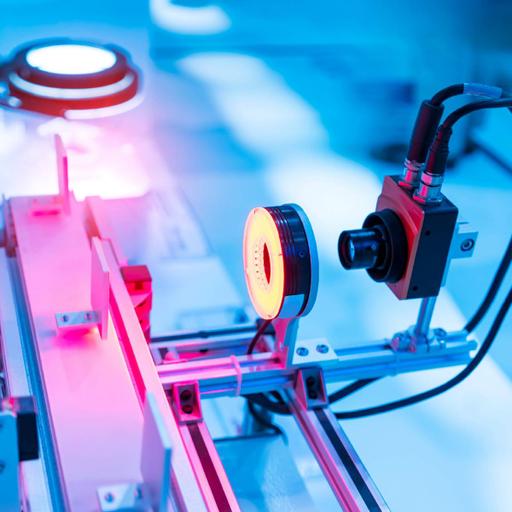Biosensors & Flow Cytometry
Presentations | English
Flow Cytometry is a technique used to detect and measure physical and chemical characteristics of a population of cells or particles. This process involves the sample containing cells or particles being suspended in a fluid and injected into the flow cytometer instrument. Flow cytometry has been considered as a conclusive method to identify cells in solution and is primarily used for evaluating peripheral blood, bone marrow, and other body fluids. Flow cytometry studies are used to identify and quantify immune cells and characterize hematological malignancies. They can measure cell size, cell granularity, total DNA, DNA gene expression, surface receptors intracellular proteins, transient signal. One of the key advantages of the flow cytometric process is its ability to perform these measurements in a very rapid time span. They can quantify up to three to six properties or components in a single sample, cell by cell, for about 10,000 cells, in less than one minute. Flow cytometry is an integral component in several clinical areas, including diagnosis, treatment plans, and systemic disease whether static or progressive. Even diseases such as cancer can be easily diagnosed using this. The major applications of flow cytometry used in the scope of modern clinical settings include protein expression, Protein post translational modifications, cell health status, cell cycle status and Identification and characterization of distinct subsets of cells within a heterogeneous sample. Please check the below presentation for detailed description.

14.25
Lumens
PPTX (57 Slides)
Biosensors & Flow Cytometry
Presentations | English
